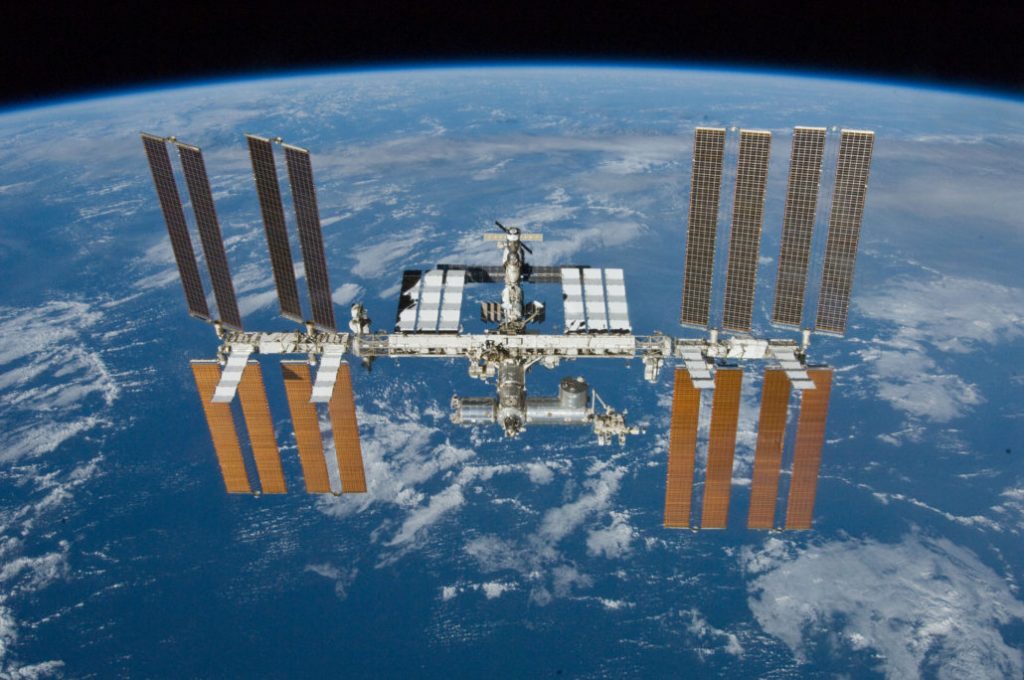
Aleph Farms, an Israeli food company, has announced that it has been able to successfully create meat in space. Aleph Farms collaborated with Russian company 3D Bioprinting Solutions and two U.S.-based food companies to test its meat bioprinting method on the International Space Station. The experiment was successful at growing an entire piece of real, edible meat out of just a couple of bovine cells.
The experiment took place inside of a 3D bioprinter developed by 3D Bioprinting Solutions that mimicked a cow’s natural muscle-tissue regeneration process. A similar process has been used and tested on Earth for things like producing cartilage tissue. Cells gathered from live cows are nourished and grown in a lab environment and then assembled into formations that are recognizable as meat for human consumption. The lab version is meant to have the same taste and texture as farmed meat.
The space-grown meat could help feed astronauts during long-term manned space missions. As the world looks to sending humans deeper into space, ways are being considered to supplement or replace their current diet of mostly freeze-dried foods. Using 3D printers to manufacture food may also be able to alleviate food insecurity among a booming population down on Earth. The company hopes to eventually make cultivated beef steaks available on Earth through “bio-farms” where they will grow this meat.
Aleph Farms said that its method is more humane and is better for the environment than farming meat. Aleph Farms spokesperson Yoav Reisler said, “We are showing that we can produce food without the reliance on local land and water resources.” Aleph Farms’ products aren’t commercially available yet, but the company says they will likely be ready for the market in three or four years.
